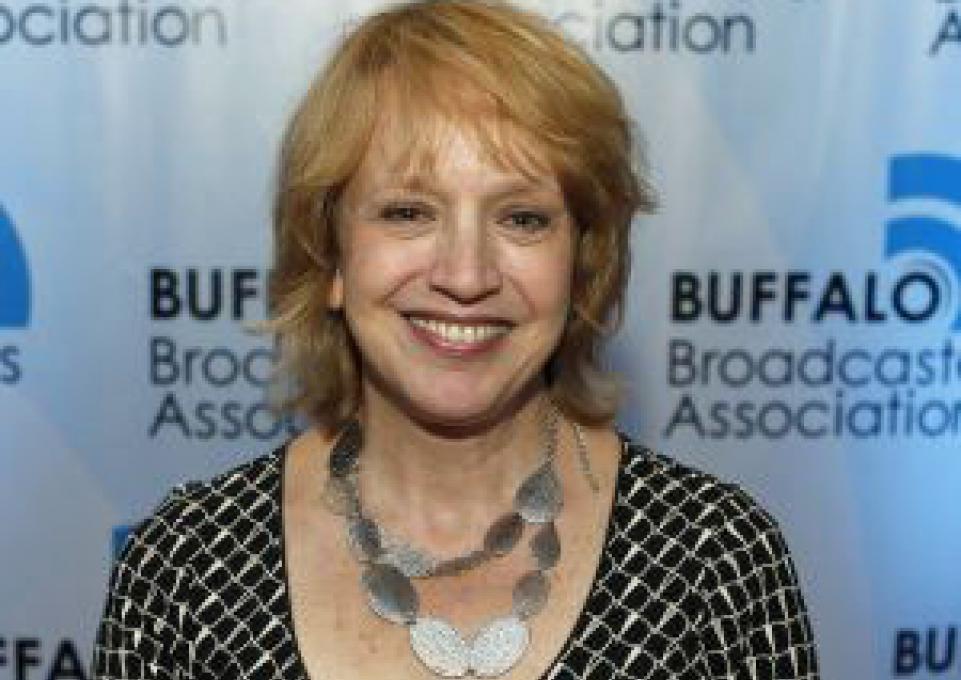
The onslaught of fake news that has permeated the Internet, especially during the 2016 presidential election, may be alarming, but it shouldn’t come as a surprise, according to Annemarie Franczyk, associate professor of journalism in the Communication Department.
“Fake news is just an extension of the increasingly polarized media,” she said. “It’s a little jump from exaggeration to one-sided news stories to fake news. People promulgate fake news because it fits their one-sided agenda, and it energizes people who want to hear only that side.”
Franczyk, who teaches such courses as Media and Society, Principles of Journalism, and News Reporting, worked as a journalist for more than two decades before joining the Buffalo State faculty in 2008. She continues to freelance for Buffalo Business First and Buffalo Law Journal. She noted that the proliferation of fake news adds to the mistrust of an industry already under attack.
“It’s sickening that so many people are playing so loosely with the facts and hurting real journalism. The free media is part of the First Amendment,” she said.” People who love to talk about their rights forget that having an unbiased media is one of those rights. Let’s use it with respect.”
Sometimes bloggers create fake news simply to see if people will take the bait. Others do it for money or to influence elections. Whatever the reason, Franczyk said it’s dangerous.
“I feel like it’s a serious threat to democracy,” she said. “If what the electorate is tapping into is false, democracy is not working.”
While sketchy news has traveled around cyberspace for years, completely fabricated stories have become more sophisticated, often appearing on websites that mimic actual news sites. Unfortunately, this phenomenon puts pressure on citizens to discern what’s real.
“The problem is most people don’t have time to check several mainstream newspapers or other news sources, so they go to the one that agrees with their viewpoint,” she said.
Americans, she emphasized, need to step up and pay attention to the news they’re consuming. Examine what sources a story cites and look at conservative and liberal media outlets to get both sides.
One interesting result of the fake news epidemic is that more of Franczyk’s students are switching from lighter news concentrations such as sports or entertainment to straight news or investigative journalism.
“They see what is happening as an affront to journalism,” she said. “They are entering the field with an energized sense of purpose, of making a difference.”
About Annemarie Franczyk
Franczyk holds a bachelor’s degree in mass communication from St. Bonaventure University and a master’s degree in health services administration and a doctorate of education in health policy from D’Youville College. She received the Faculty Appreciation Award and the Provost Incentive Grant in 2013. She’s a member of the Society of Professional Journalists, the Association for Education in Journalism and Mass Communication, and the College Media Advisers. In the past, she has worked as a reporter for USA Today, the Niagara Gazette, and as the health care reporter for Business First. She also served as editor of the Kenmore-Tonawanda and West Seneca Bee newspapers. Her areas of expertise include the evolution of journalism curriculum in the new media age, high school journalism, and careers.
